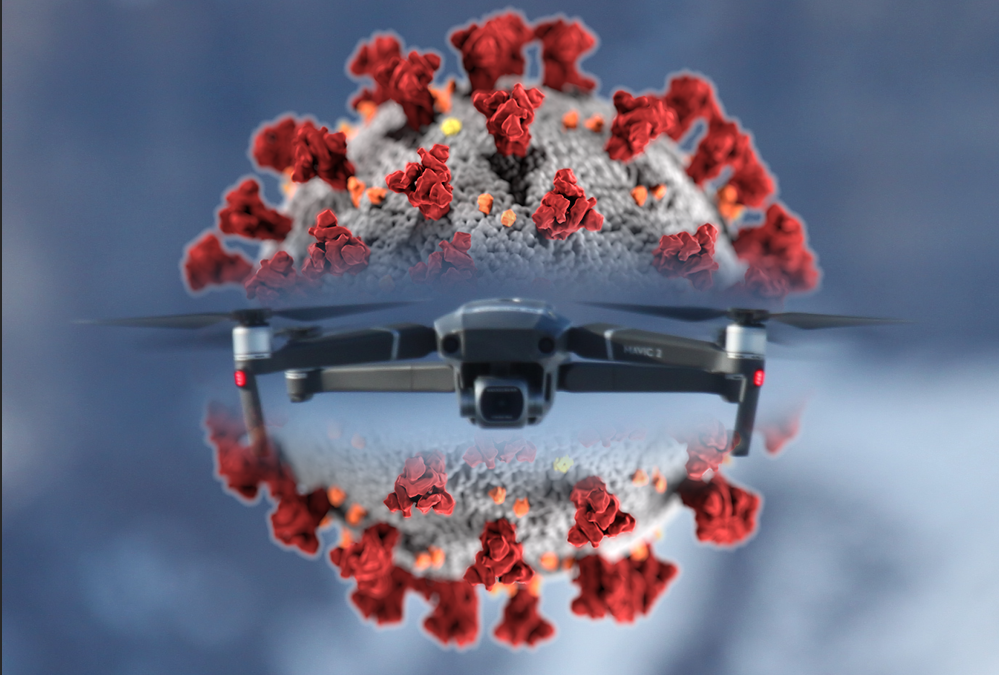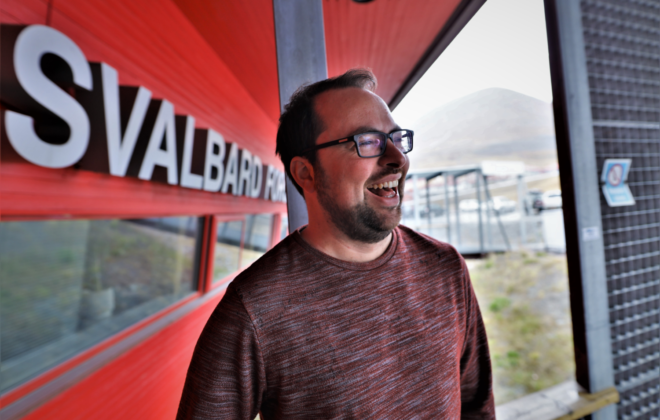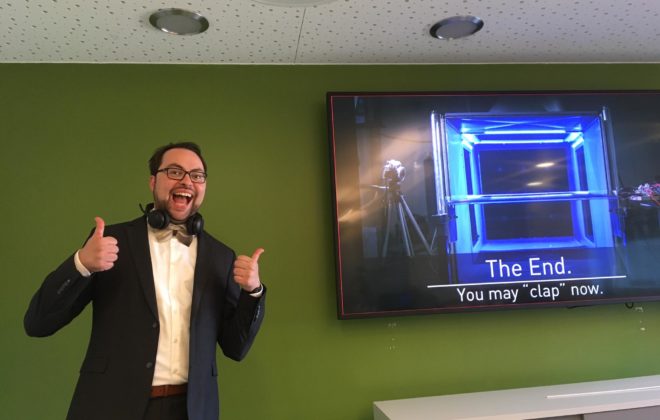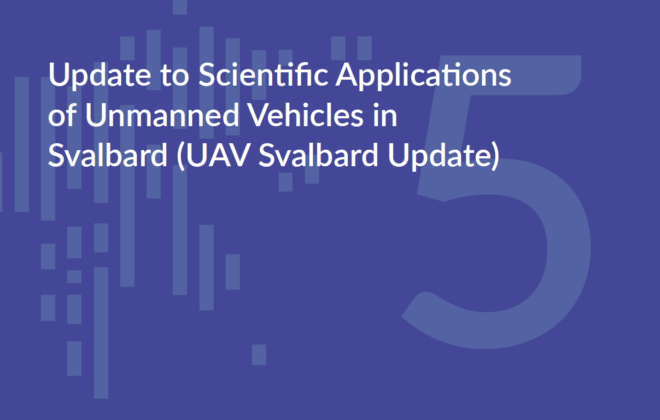Coronavirus and Drone Research in Svalbard
A new article has published, to which I contributed. The paper describes the effect of the Corona pandemic on research activities in Svalbard. In the paper, I wrote about how the pandemic has affected drone missions that had been planned for a long time – but couldn’t be conducted. The paper was mainly written by my collegues at the Svalbard Integrated Arctic Earth Observing System (SIOS).
Abstract: The pandemic has affected Svalbard research in several ways. When Norway declared a nationwide lockdown to decrease the rate of spread of the COVID-19 in the community, even more strict measures were taken to protect the Svalbard community from the potential spread of the disease. Due to the lockdown, travel restrictions, and quarantine regulations declared by many nations, most physical meetings, training courses, conferences, and workshops worldwide were cancelled by the first week of March 2020. The resumption of physical scientific meetings is still uncertain in the foreseeable future. Additionally, field campaigns to polar regions, including Svalbard, were and remain severely affected.
Reference: Jawak, S.D., Andersen, B.N., Pohjola, V., Godøy, Ø., Hübner, C., Jennings, I., Ignatiuk, D., Holmen, K., Sivertsen, A., Hann, R., Tømmervik, H., Kääb, A., Błaszczyk, M., Salzano, R., Luks, B., Høgda, K., Storvold, R., Nilsen, L., Salvatori, R., Krishnan, K.P., Chatterjee, S., Lorentzen, D.A., Erlandsson, R., Lauknes, T.R., Malnes, E., Karlsen, S.R., Enomoto, H., Fjæraa, A.M., Zhang, J., Marty, S., Nygård, K.O., Lihavainen, H. (2021). SIOS’s Earth Observation (EO), Remote Sensing (RS), and operational activities in response to COVID-19. Remote Sensing, 13(4), 712. DOI: 10.3390/rs13040712



